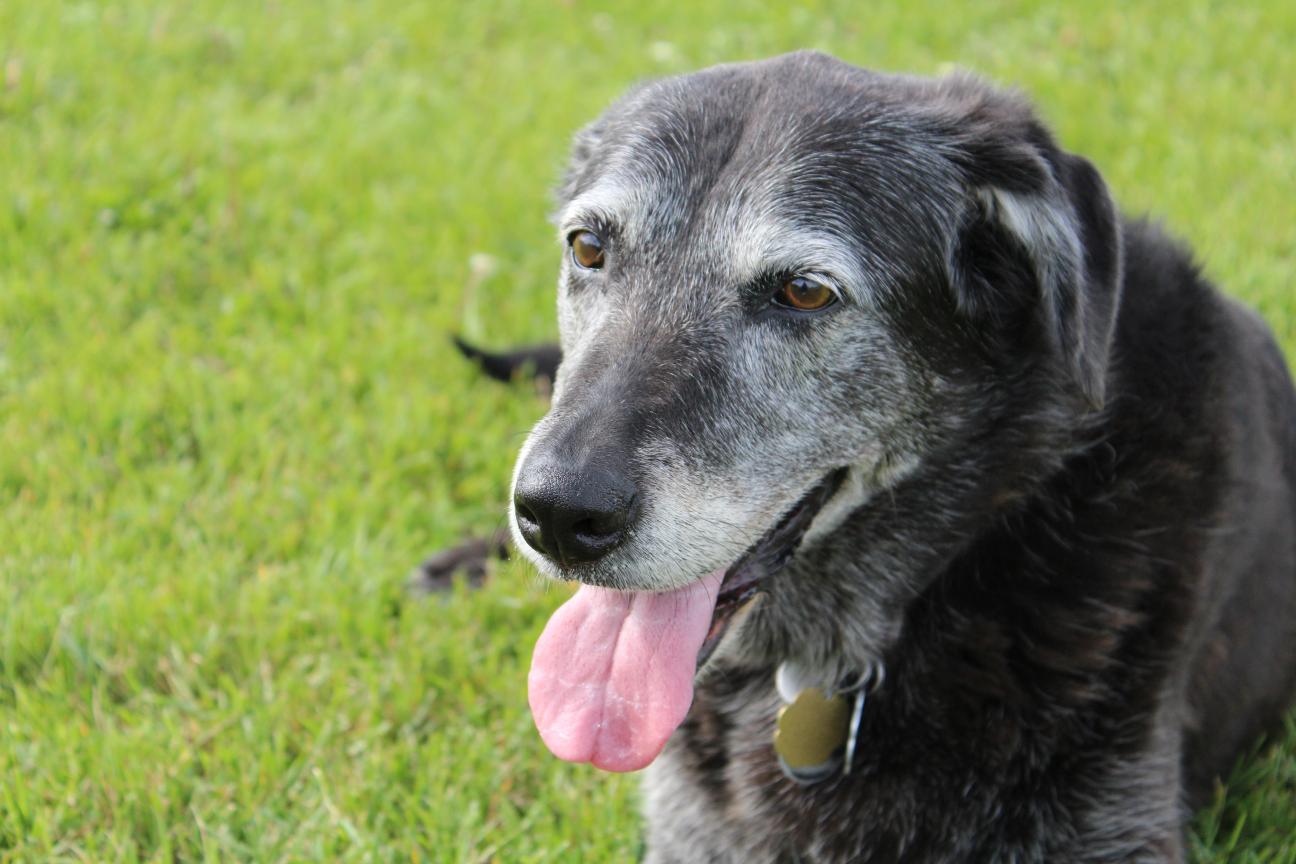Health and Wellness Tips for Senior Pets

Improvements in pet care and advancements in veterinary medicine have helped cats and dogs live well into their golden years. As they age, they need extra TLC and health care tailored for older pets.
At Bayside Animal Hospital, we love providing outstanding, compassionate care for your pets throughout their lives, and in this blog, our team shares wellness tips and insights on common issues in senior pets to help you provide the best senior pet care possible for your furry family member.
Senior Pet Care Starts With Wellness Visits
No matter how nimble and happy aging pets may seem, they are still more vulnerable than their younger counterparts to age-related conditions and certain diseases. This means an increased emphasis on wellness care, including:
- Twice-yearly wellness exams. The best way to keep small problems from becoming big ones is to diagnose them early. More frequent wellness visits help us spot problems sooner. These visits are also important for assessing current treatments or medications and making adjustments.
- Nutritional support. Older pets often need diets formulated for easy digestion and that provide nutritional support for common issues in senior pets, such as arthritis.
- Weight management. Senior dogs, in particular, need to be monitored for increased weight, while senior cats need to be watched closely for rapid weight loss.
- Balanced protection. Older pets still need vaccines and parasite prevention, but these treatments might need to be adjusted to fit your pet’s changing immune system.
Common Issues in Senior Pets
Senior dogs and senior cats both display outward signs of aging, including graying fur and a slower pace. But other things could be happening on the inside that we can uncover through regular vet check-ups, including the following common issues in senior pets:
Arthritis: One of the most common issues in senior pets is the telltale stiffness and pain caused by arthritis.
Dental problems: Dental disease is a serious problem in older pets. Over time, oral bacteria will cause infection and spread into the bloodstream.
Diabetes: Aging pets are more susceptible to diabetes, which causes weight loss, increased thirst, and fatigue.
Vision problems: Vision loss is common in older pets and is sometimes caused by undetected high blood pressure.
Hyperthyroidism: More common in senior cats, an overactive thyroid leads to rapid weight loss and increased blood pressure.
Cognitive dysfunction: Some aging pets will display symptoms of dementia. This may include staring off into space and acting disoriented.
Protect Your Pet From the Effects of Father Time
Caring for aging pets is a privilege, and we want them to stay happy and comfortable for as long as possible. Frequent wellness visits coupled with dental check-ups help us slow the progression of many common issues in senior pets. Please contact us at (916) 791-8387 for more senior wellness tips or to schedule your pet’s appointment.


